TRAILBLAZING playwright Tanika Gupta believes there is an “invisibility cloak around British Asians” on getting community stories commissioned in the arts.
In a career spanning more than three decades, Gupta has written award-winning plays such as The Waiting Room and Sanctuary at the National Theatre, The Empress at the Royal Shakespeare Theatre as well as writing scripts for EastEnders, Grange Hill and The Bill.
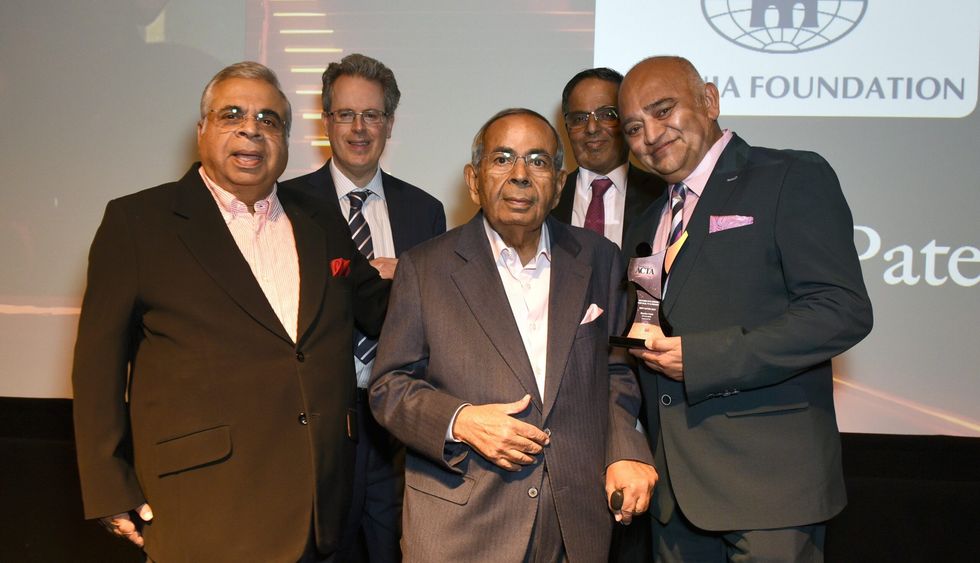
At Eastern Eye’s Arts, Culture and Theatre Awards (ACTAs) last Friday (17), Gupta said it had become “harder now than it was before” to get British Asian stories heard.
“There is a bit of invisibility cloak around a British Asians at the moment,” said Gupta.
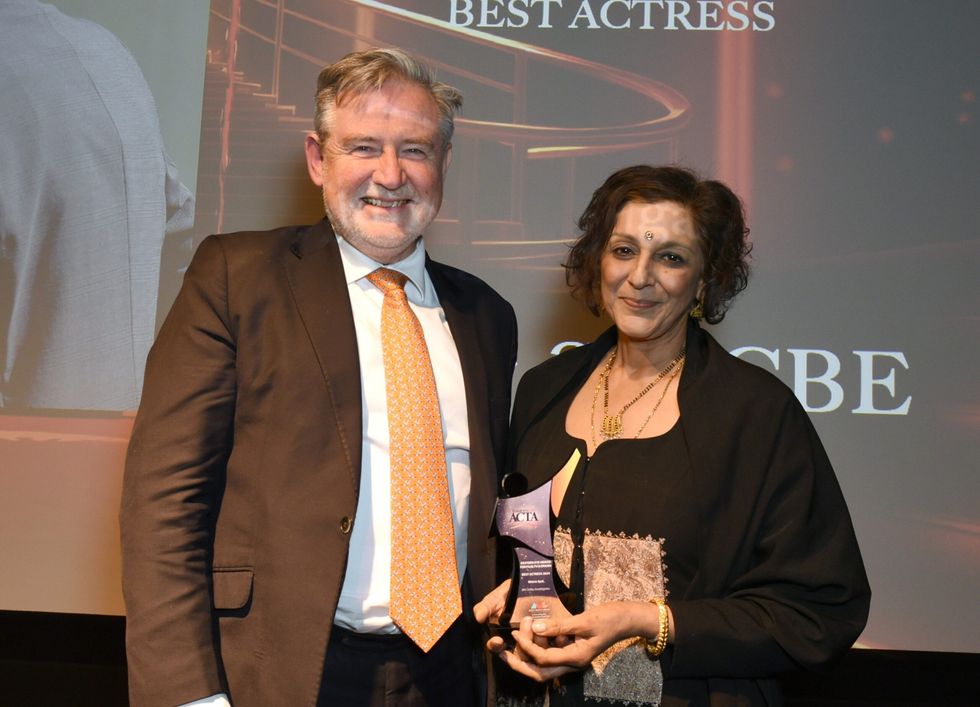
“There's a lot of stuff that's going on in terms of black playwrights and black plays, especially after Black Lives Matter, which is as it should be, absolutely.
“But in a sense, we don't seem to be getting as many films. What is the TV show that’s on at the moment that shows this (Asian culture)? There’s nothing. It feels like we still have a bit of an upward struggle.”
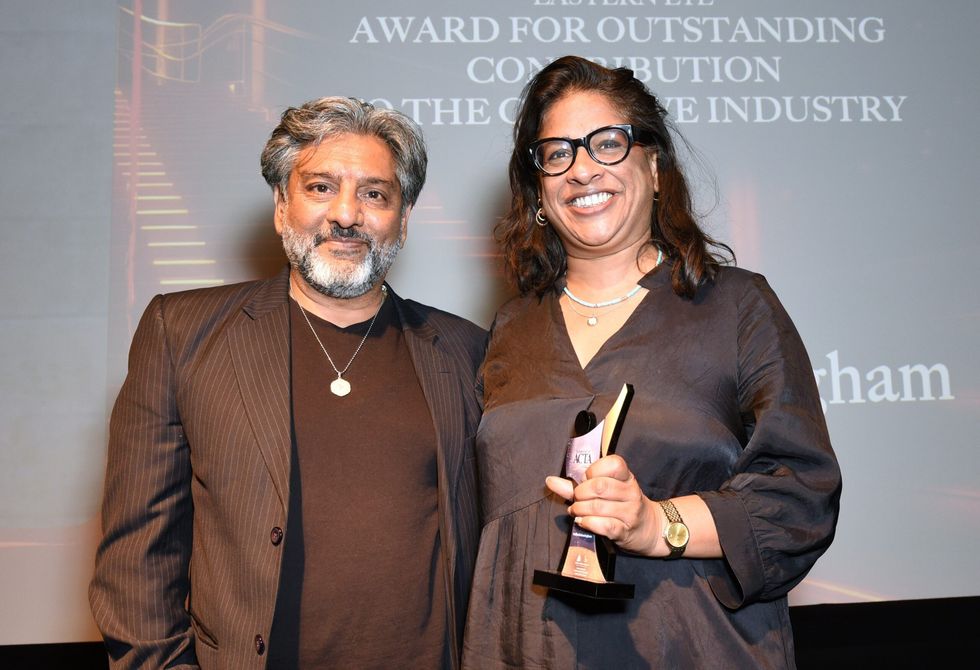
Gupta, 60, worked in a women’s shelter in Manchester and as a community worker in Islington before her writing career took off. She said theatre has the power to cultivate important conversations.
“The thing about theatre and writing is that we have to talk about what's going on in this crazy, crazy world,” she said.
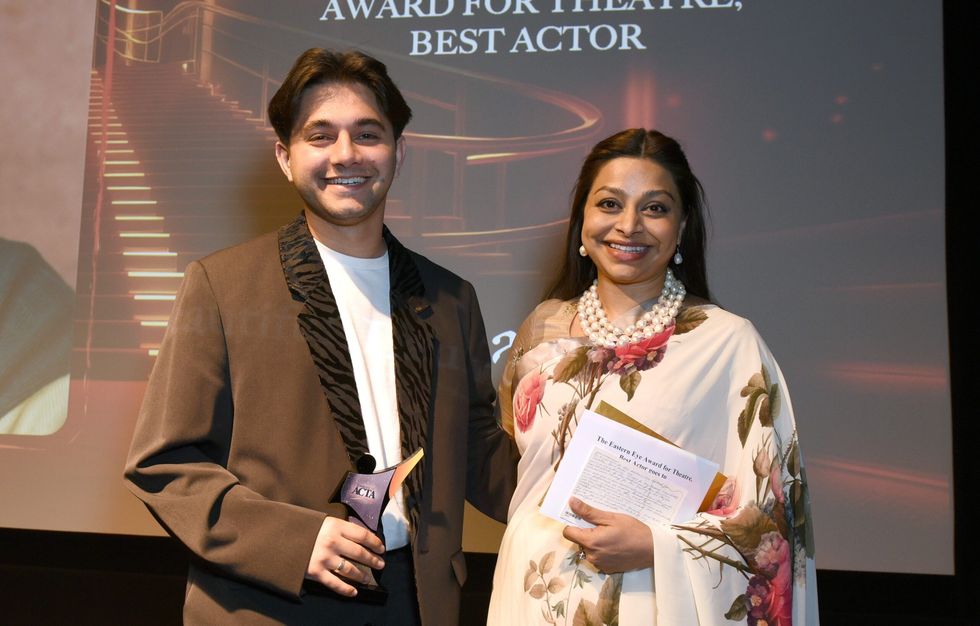
“By shining a light on specific issues and getting more live audiences to come in and watch your shows, it's an argument, it's a provocation, it’s triggering.”
After a 20-year hiatus, Gupta will return to the National Theatre in September with A Tupperware of Ashes.
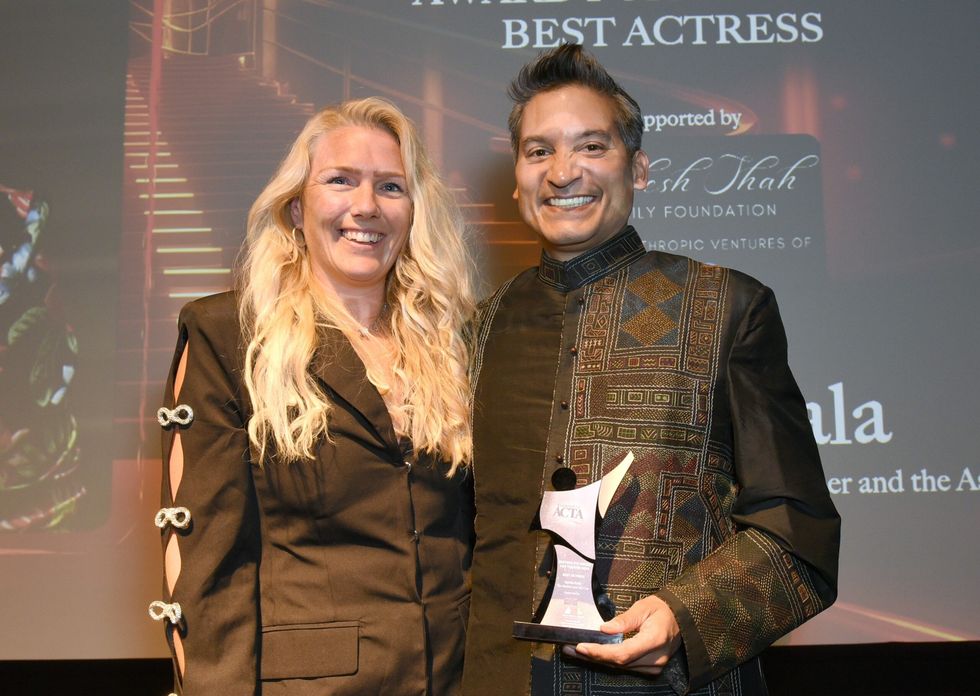
The play will see her reunite with Meera Syal whose book Anita and Me she adapted for the stage.
Gupta joked that she gave many of the guests at the ACTA awards their first job.
Syal, also a winner last Friday, scooped the ACTA award for best actress for her role in the series Mrs Sidhu Investigates.
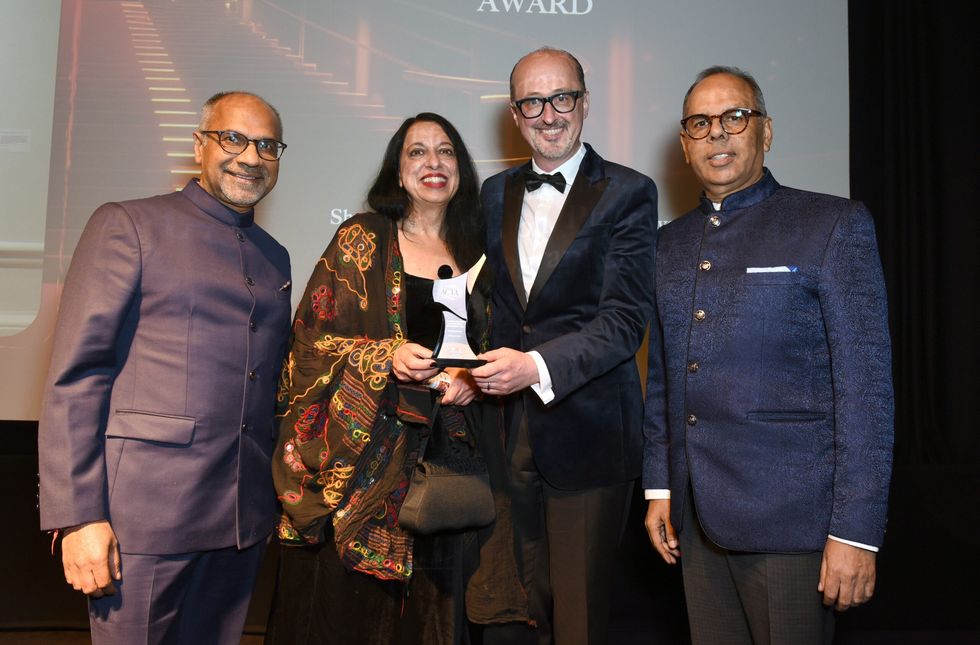
The 62-year-old said despite her many successes, she continues to fight to create pathways for British Asians to succeed in the arts.
“There's a lot of people that want to be part of this establishment and think they are part of the establishment, but I think there's always a level where we we're not fully accepted,” Syal told Eastern Eye.
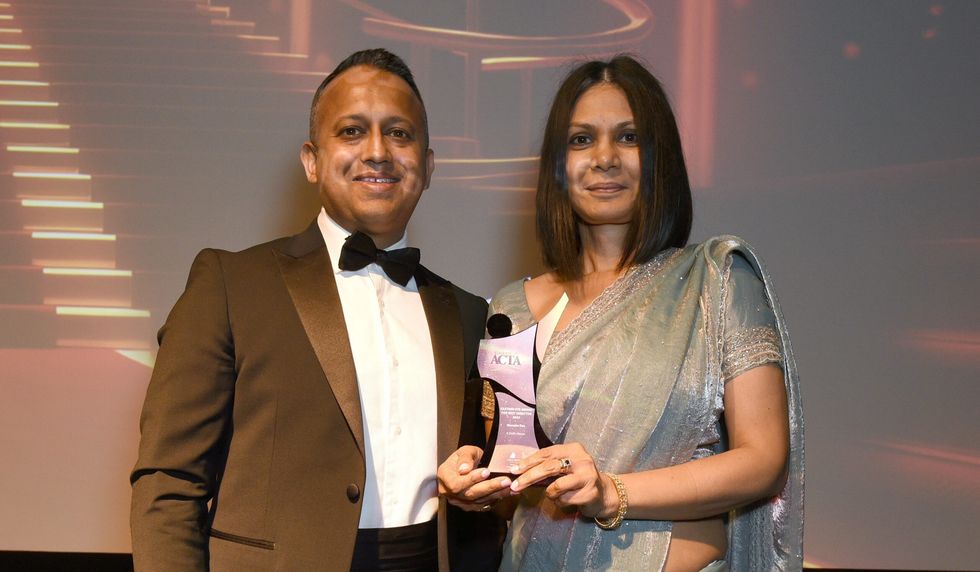
“Instead of wanting to be in that club, I would much rather we form our own clubs and celebrate that. It's about being the alternative version of whatever the establishment is.
“There's so many people in this room that have gone through lots and lots of struggles. Anyone that's got to my advanced stage and survived, there's many of us here and I've recognised you from when we all started, that's the thing that is more important than whatever club you belong to. It's keeping going and having your voice heard.”
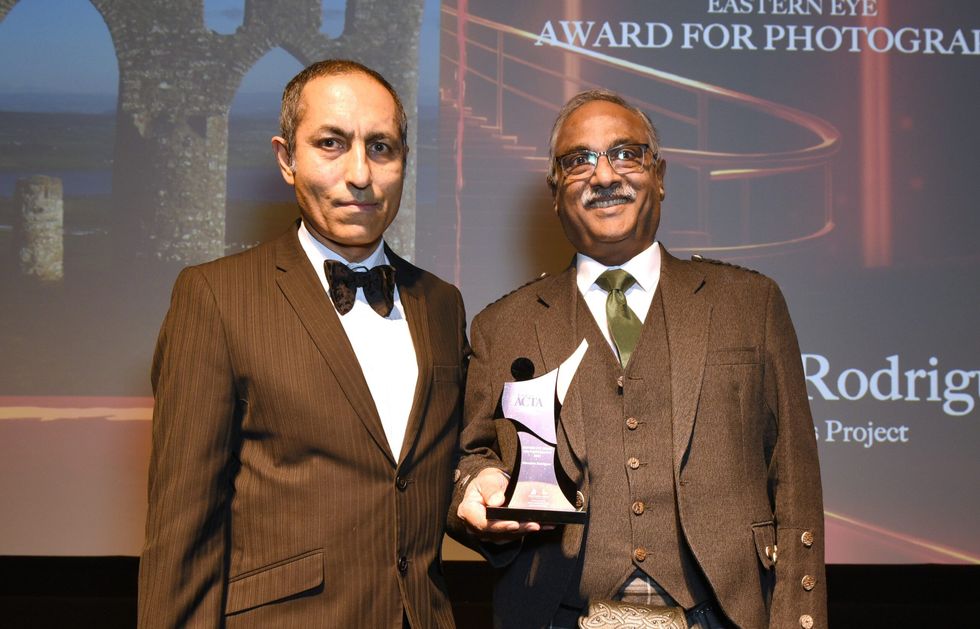
Another big winner last Friday was Indhu Rubasingham, who will become first female artistic director at the National Theatre. She officially takes over from current director Rufus Norris in 2025.
Rubasingham, who was previously at the Kiln in north London, was recognised with the ACTA award for outstanding contribution to the creative industry.
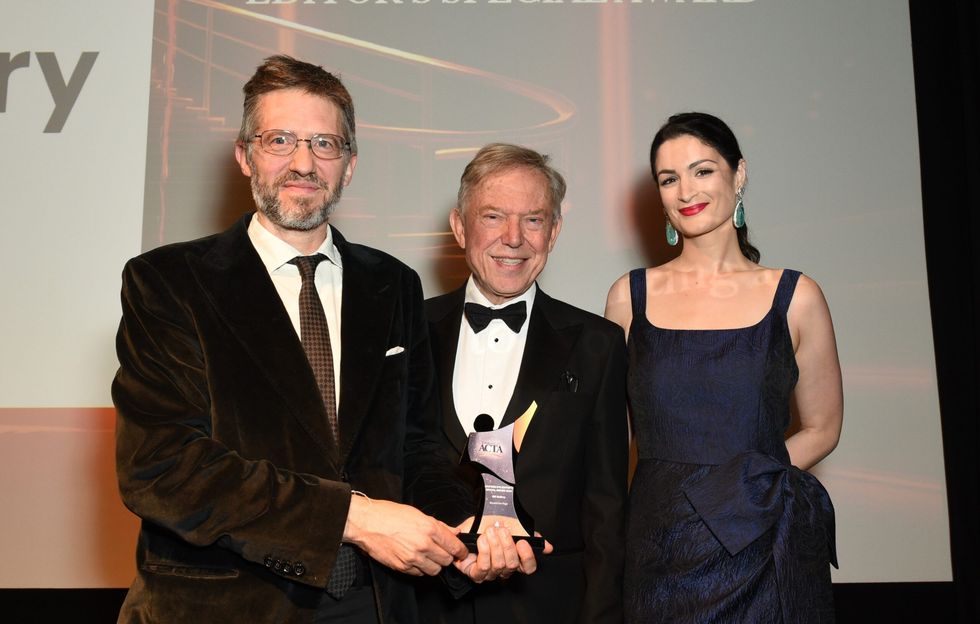
“It's an incredible honour to be the artistic director of the National Theatre,” she said.
“I'm very scared, overwhelmed. On the first day (after being appointed artistic director) as I was going on the bus, looking over the Waterloo Bridge, looking at the most beautiful building (National Theatre), I burst into tears thinking about my parents thinking about how they come from Sri Lanka. How did I get here?”.
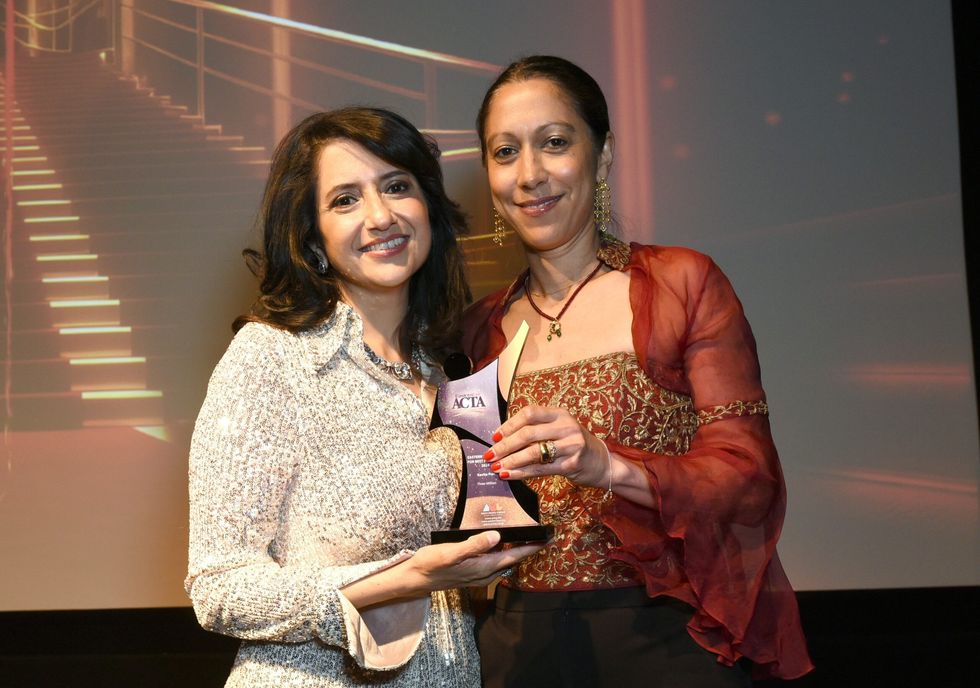
Rubasingham revealed she didn’t feel a sense of imposter syndrome as she felt like she belonged and this was no more evident than the room she was standing in - filled with Asians in the arts she had worked with - such as Gupta, Syal, Ayesha Dharker and Kuljit Bhamra.
“The only reason we get to where we get to is because of all the people we travel with,” Rubasingham said.
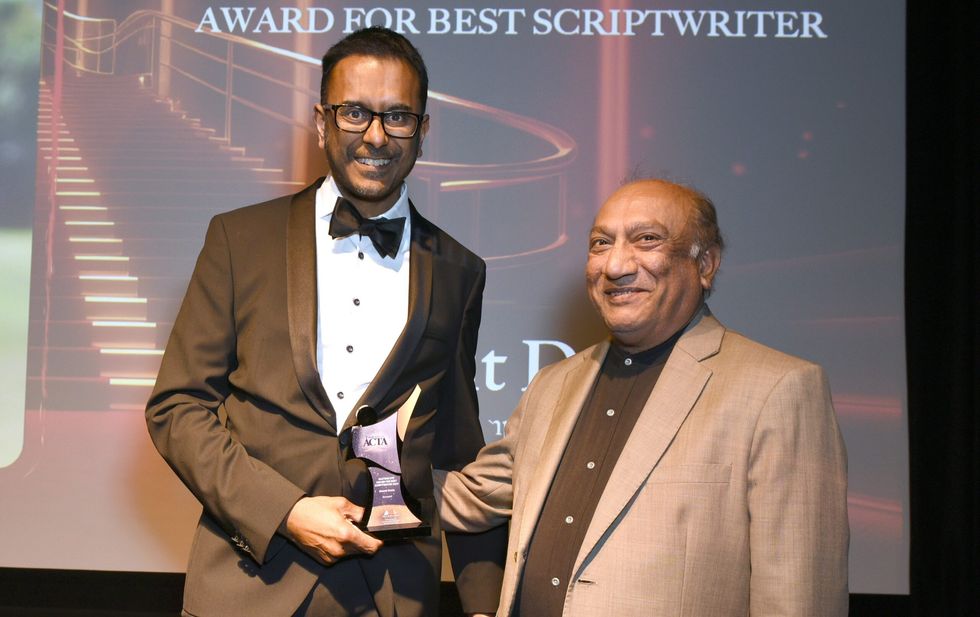
“There is one person that I just wanted to mention, Abdul Shayek, artistic director of Tara Theatre who suddenly and unexpectedly passed away last year. We don't know what stories he would have finished – he was taken far too quickly.
“Life is short, and we need to lean on each other. There's no point in wasting time and being imposters - we just have to do it.”
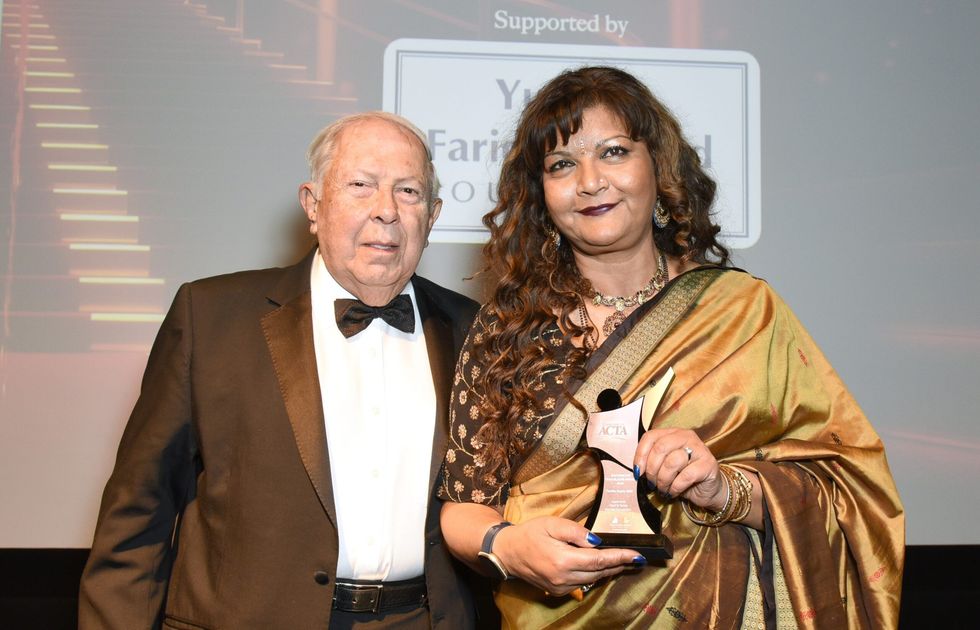
Channel 4’s Defiance – Fighting the Far Right won the best documentary award for its portrayal of the struggles British Asians endured in the 1970s and 1980s.
The three-part series tells the story of how - from 1976 to 1981 - Britain's Asian community stood up against far-right violence and a rising tide of racist murders.
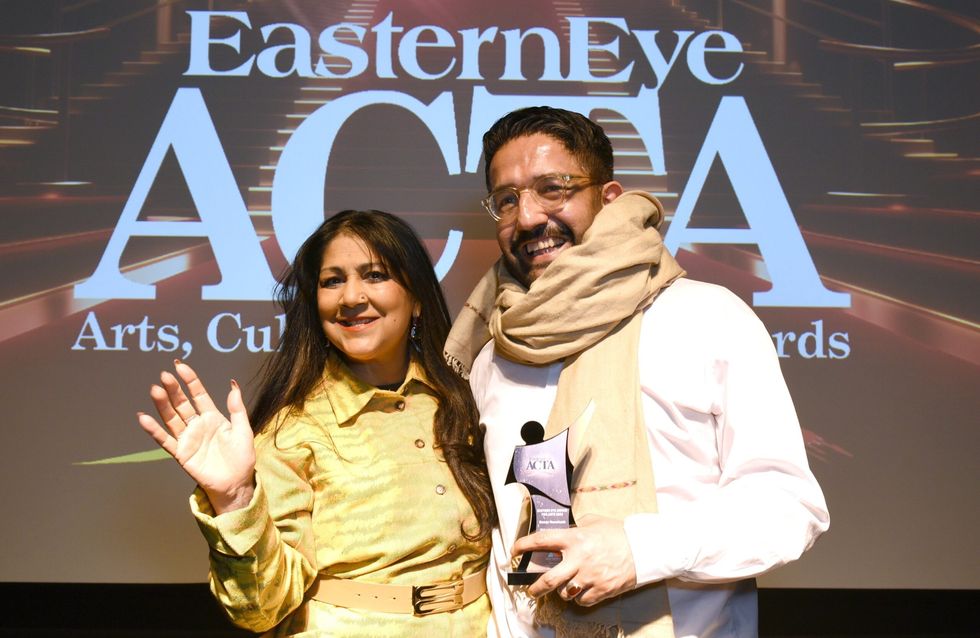
The team behind Defiance said they had to fight “very, very hard” to get it made, with the commissioning process lasting over 18 months.
“It was very important for Channel 4 because it’s in our heritage and DNA to tell untold stories and this felt like one of the biggest untold stories ever - the story of British Asian activists who fought back against racism in the 1970s and 1980s,” Shaminder Nahal, channel 4 head of specialist factual, said.
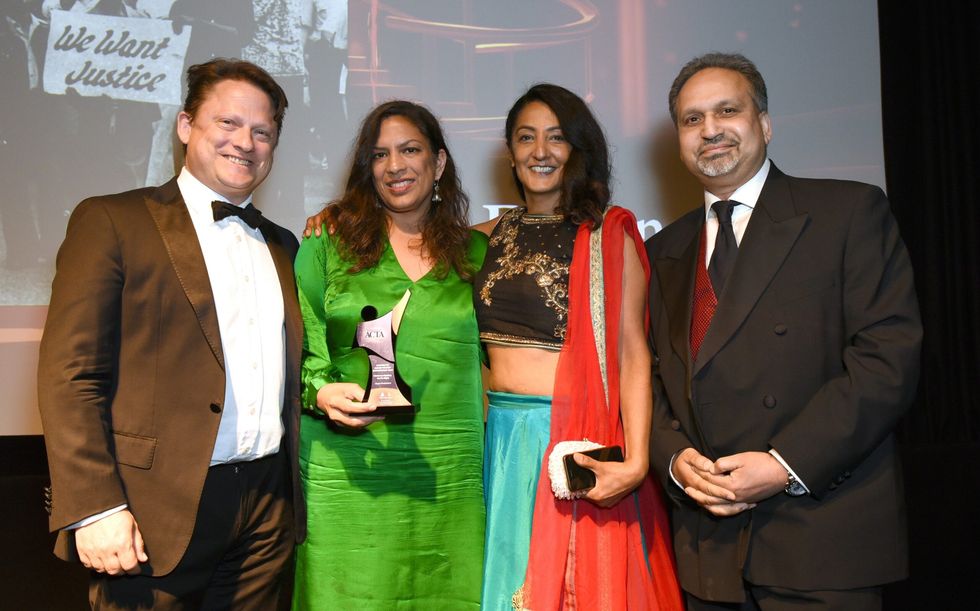
“There's only any point in having these jobs if you can make a difference. It was so powerful to tell the amazing stories of these activists who fought back. But, for me, it was really about this myth of the sort of passive Asian, which was talked about in the series that we had our heads down and we never said anything, we were so quiet and never said boo to a goose. This story told us that, actually, we really did fight.
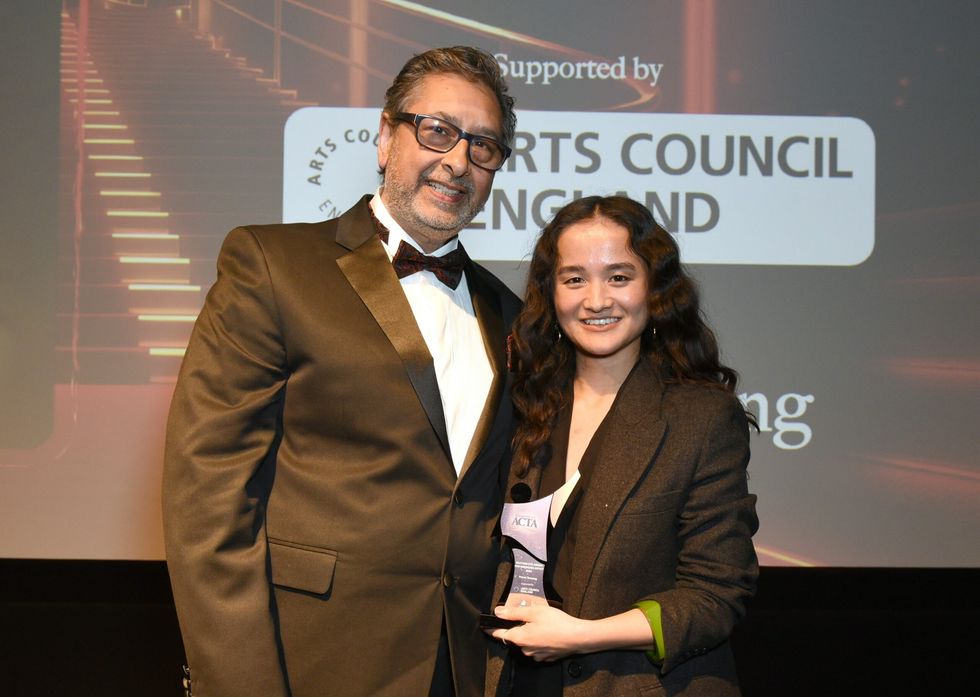
“Everybody we spoke to in this series also understood they were speaking for a generation of people and a lot of those people are in this room today.”
The documentary received widespread acclaim and series producer Anoop Pandhal said his hope was this leads to more British Asian stories being told.
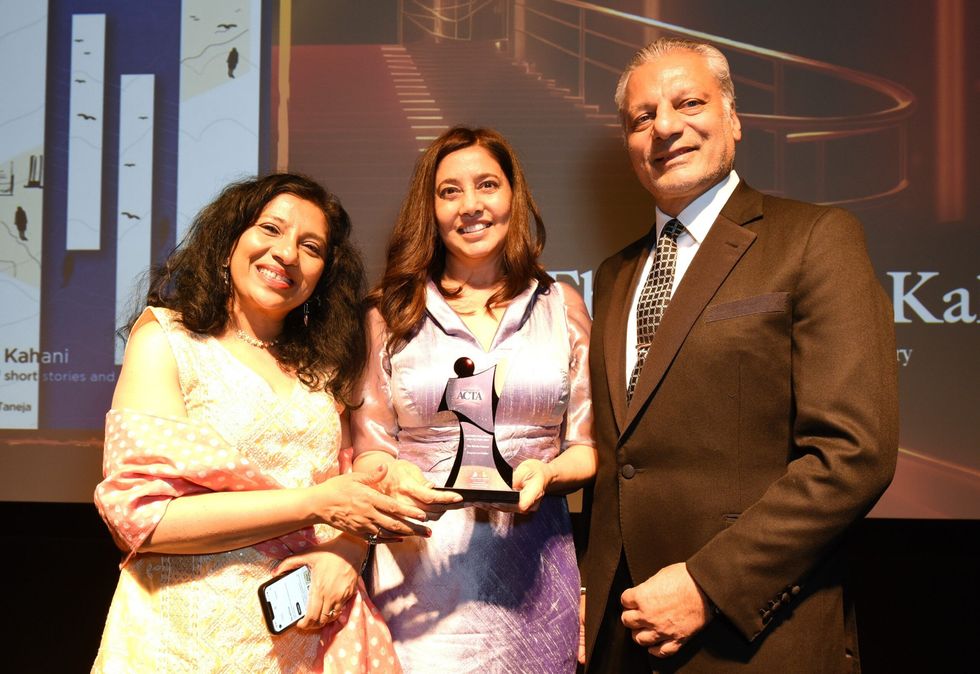
“We hoped it would get a huge reaction because we know British Asians are the biggest ethnic minority community in Britain and have been here for a long time,” said Pandhal.
“We all felt there was this thirst to hear this story. But we were really thrilled that we started such a big conversation about this history.
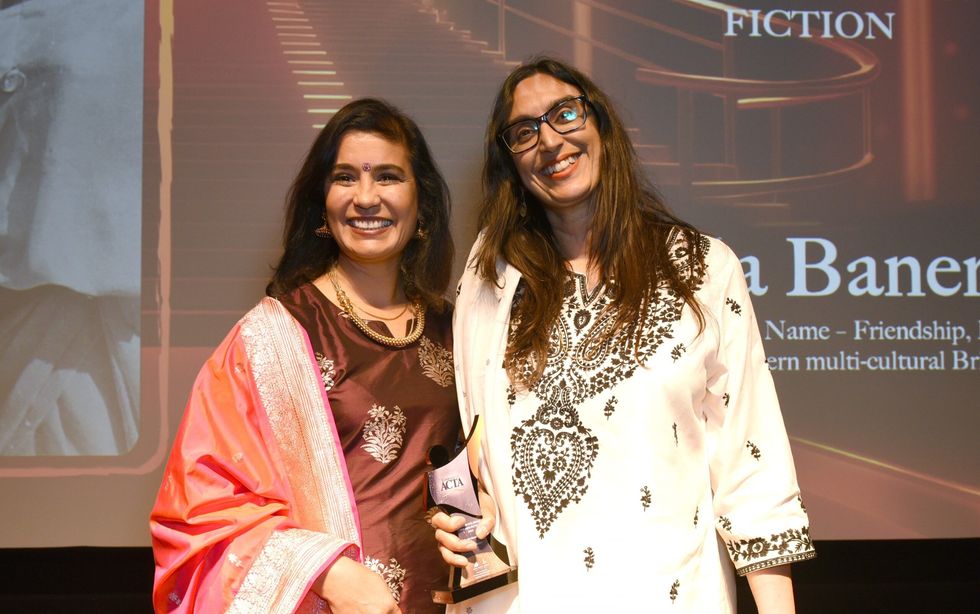
“It feels like it galvanised people - we've heard of families sitting down together to watch it and that is incredibly gratifying.
“We wanted to start a conversation about, ‘oh my gosh, my grandparents, my parents, never talked about this c**p that they went through, the fight back that our community made happen’. That has been something of extraordinary that has come out of this.”
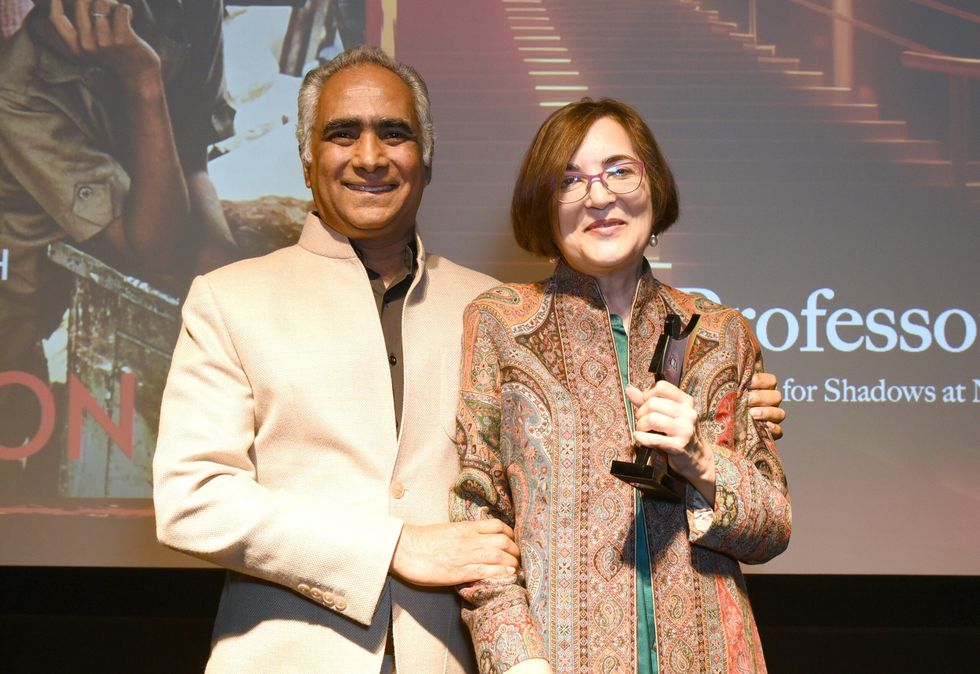
In her non-fiction book, What’s in a Name? author Sheela Banerjee unravels the personal histories of friends and family through their names.
Banerjee, who won the ACTA for best non-fiction, traced the heritage of her loved ones across centuries and continents – from west London to British India, and from 1960s Jamaica to pre-Revolutionary Russia. Her book also tells the story of twentieth-century immigration to the UK and legacy of colonialism or persecution, the desire to fit in, or the complex cultural inheritance from one’s parents.
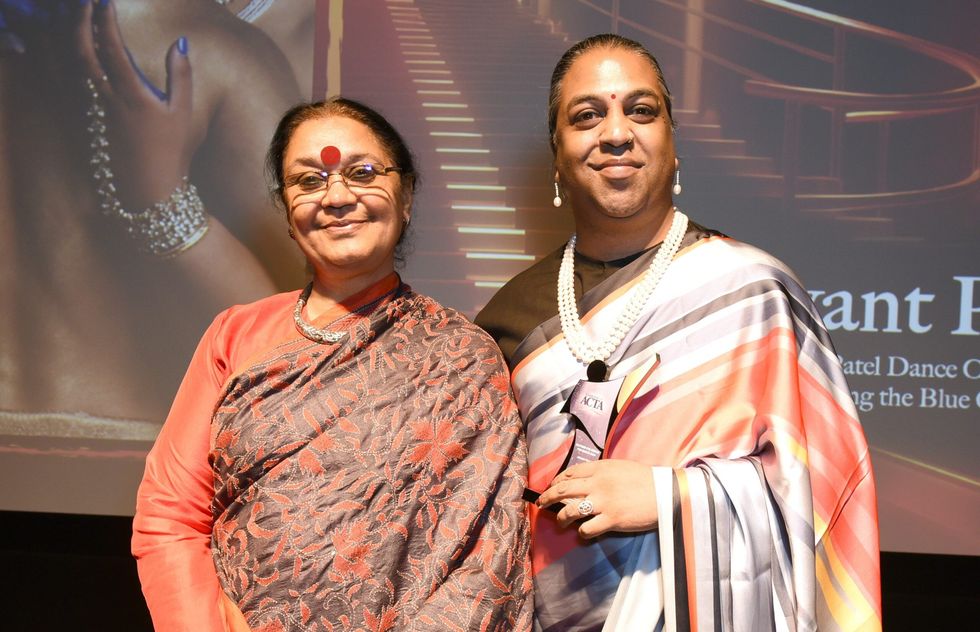
Banerjee said she lived through the struggles highlighted in Defiance and as well as prejudice within arts.
“The accommodation that we had to go through, the terror that we felt on the streets in the late 1970s and the early 1980s, I grew up in Hayes, next to Southall and it was terrifying,” she said.
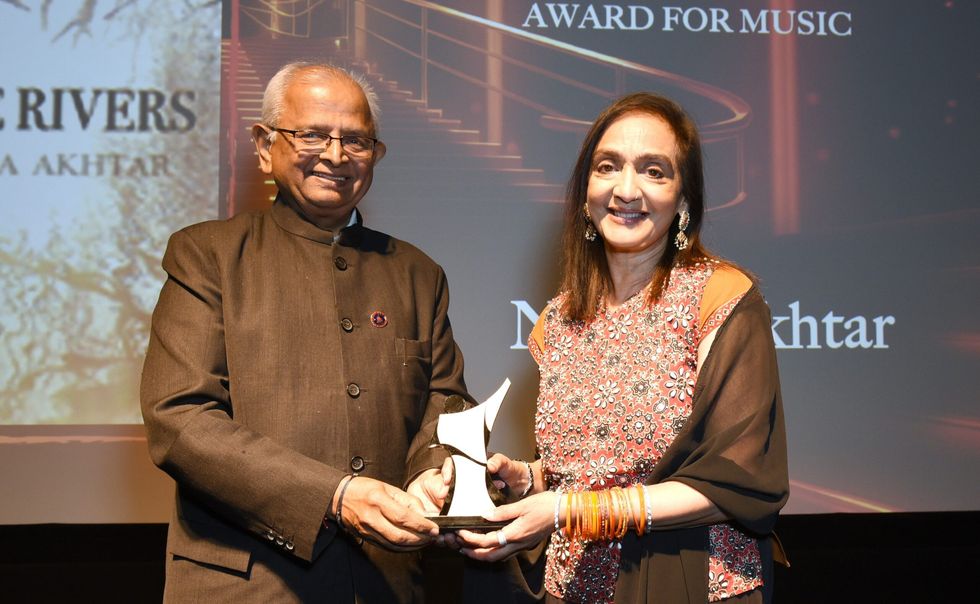
“Then, later on, the very subtle middle-class racism at the BBC, Channel 4. That's where the indignation comes from. Yes, we were let in, but it was at such a cost.”
Author and broadcaster Kavita Puri said the arts can be used to explore the long history between UK and south Asia.
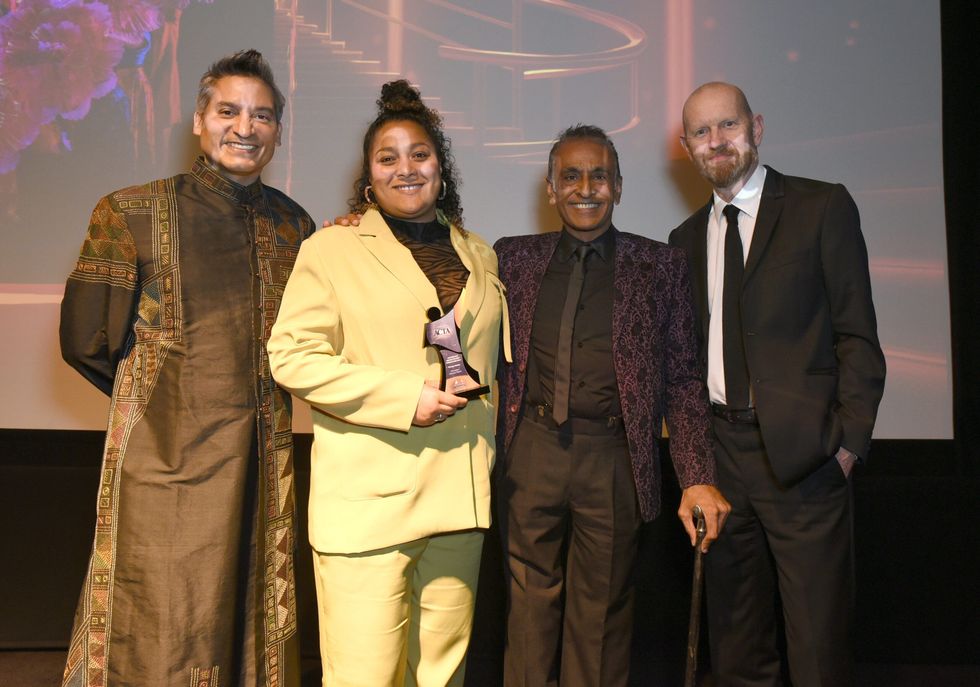
Puri won the ACTA for best presenter for her BBC radio series, Three Million, which told the story of the three million Indian people, who were British subjects, that died in the Bengal Famine during the second world war.
“It's a story that hasn't been told. We know so little about who these people were. It was one of the largest losses of civilian life on the allied side - it's a really important story,” said Puri.
“It's a difficult story, but it's an important part of British history as well. It was important for me to centre the story on the people who lived through it, who were eyewitnesses and who are survivors. They are really elderly now, so I was capturing it just at the last possible moment.”






 Liam Gallagher accepts Oasis' award for 'Best Album of 30 Years' Getty Images
Liam Gallagher accepts Oasis' award for 'Best Album of 30 Years' Getty Images  Liam Gallagher plays to a sell out crowd at the Universal AmphitheatreGetty Images
Liam Gallagher plays to a sell out crowd at the Universal AmphitheatreGetty Images Liam and Noel Gallagher perform together in Cardiff for the first time since 2009 Instagram/oasis
Liam and Noel Gallagher perform together in Cardiff for the first time since 2009 Instagram/oasis 










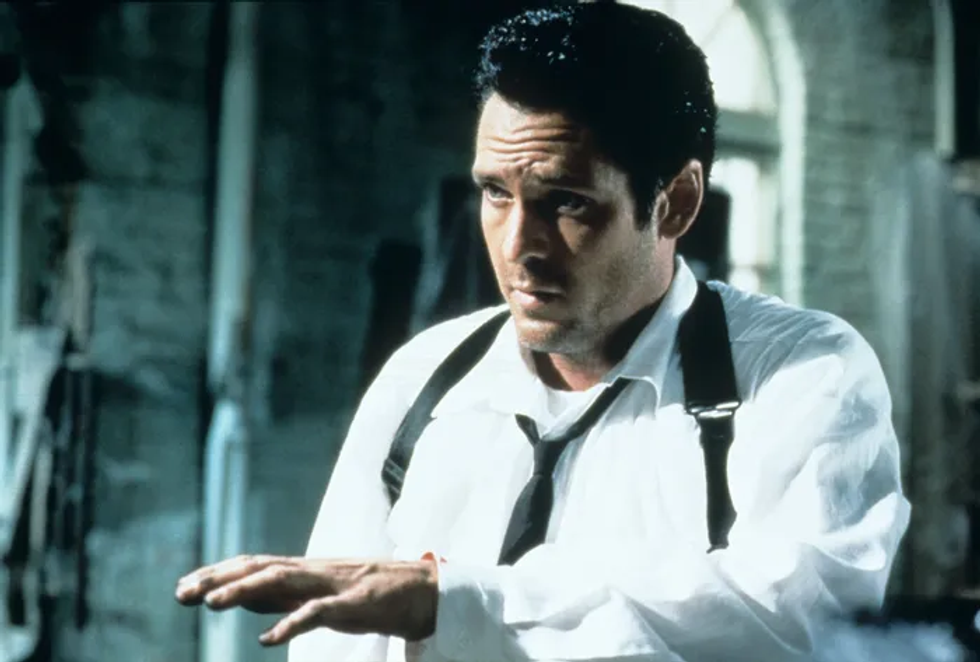 Reservoir Dogs
Reservoir Dogs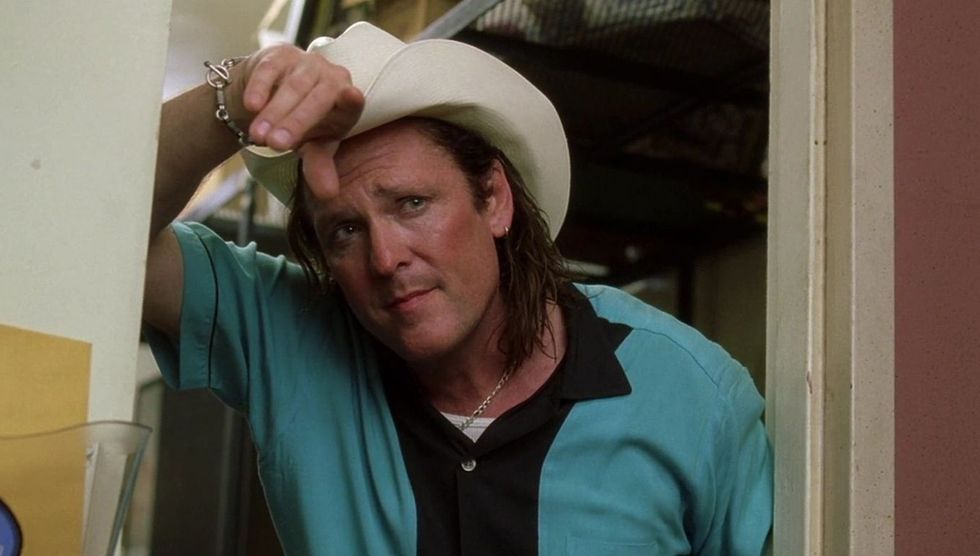 Michael Madsen as Budd aka SidewinderIMDB
Michael Madsen as Budd aka SidewinderIMDB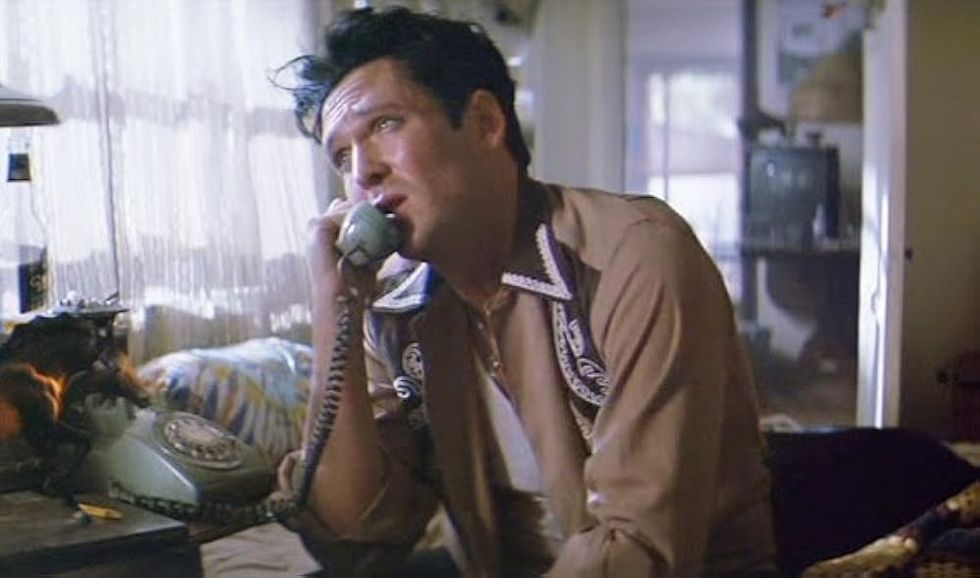 Thelma & LouiseIMDB
Thelma & LouiseIMDB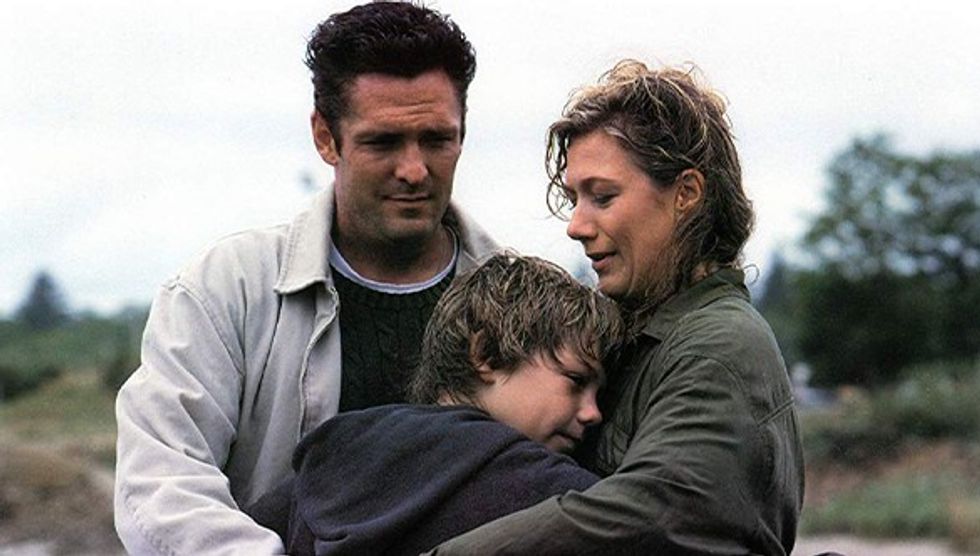 Free WillyIMDB
Free WillyIMDB 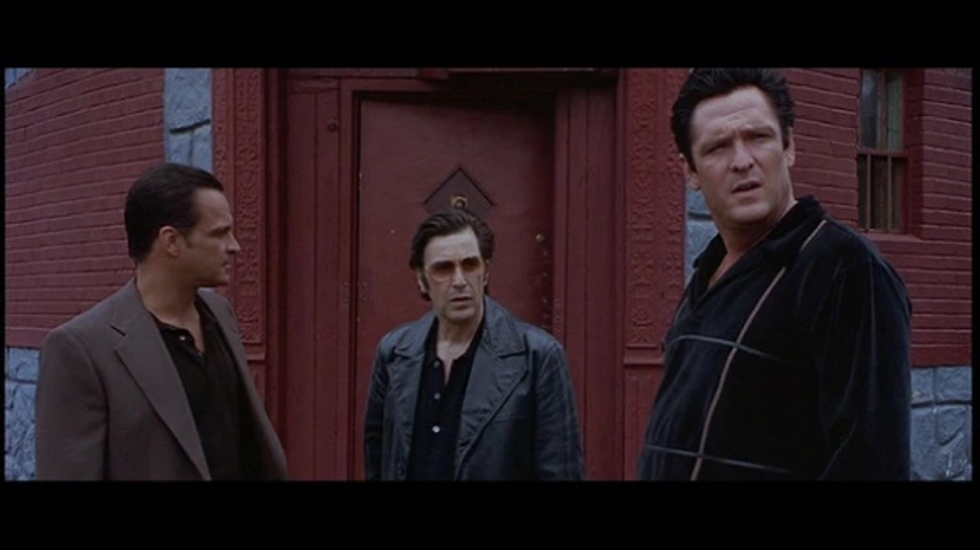 Donnie BrascoAlex on Film
Donnie BrascoAlex on Film  Sin CityIMDB
Sin CityIMDB 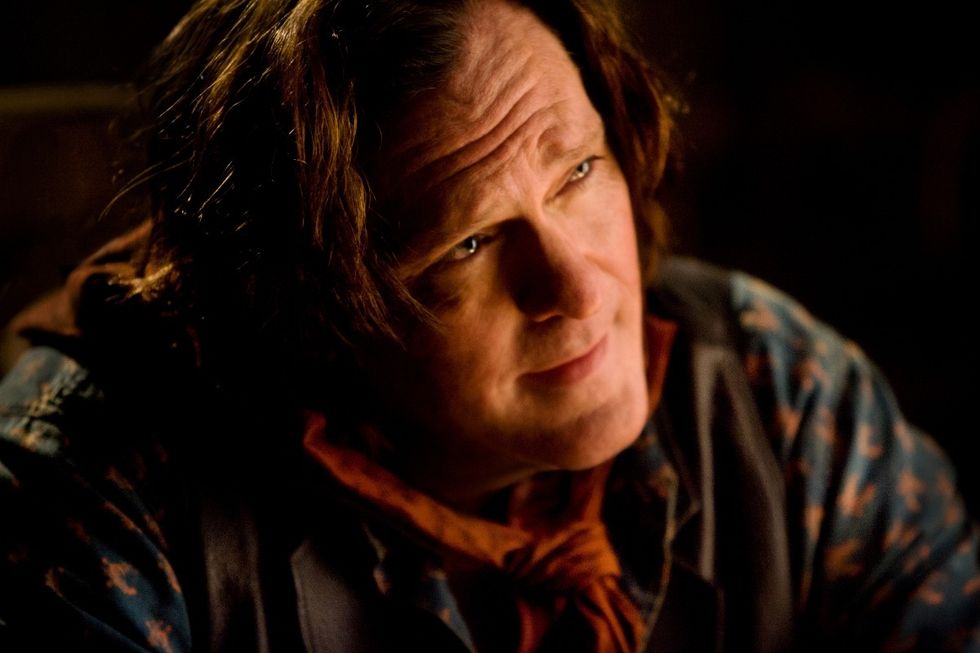 The Hateful Eight IMDB
The Hateful Eight IMDB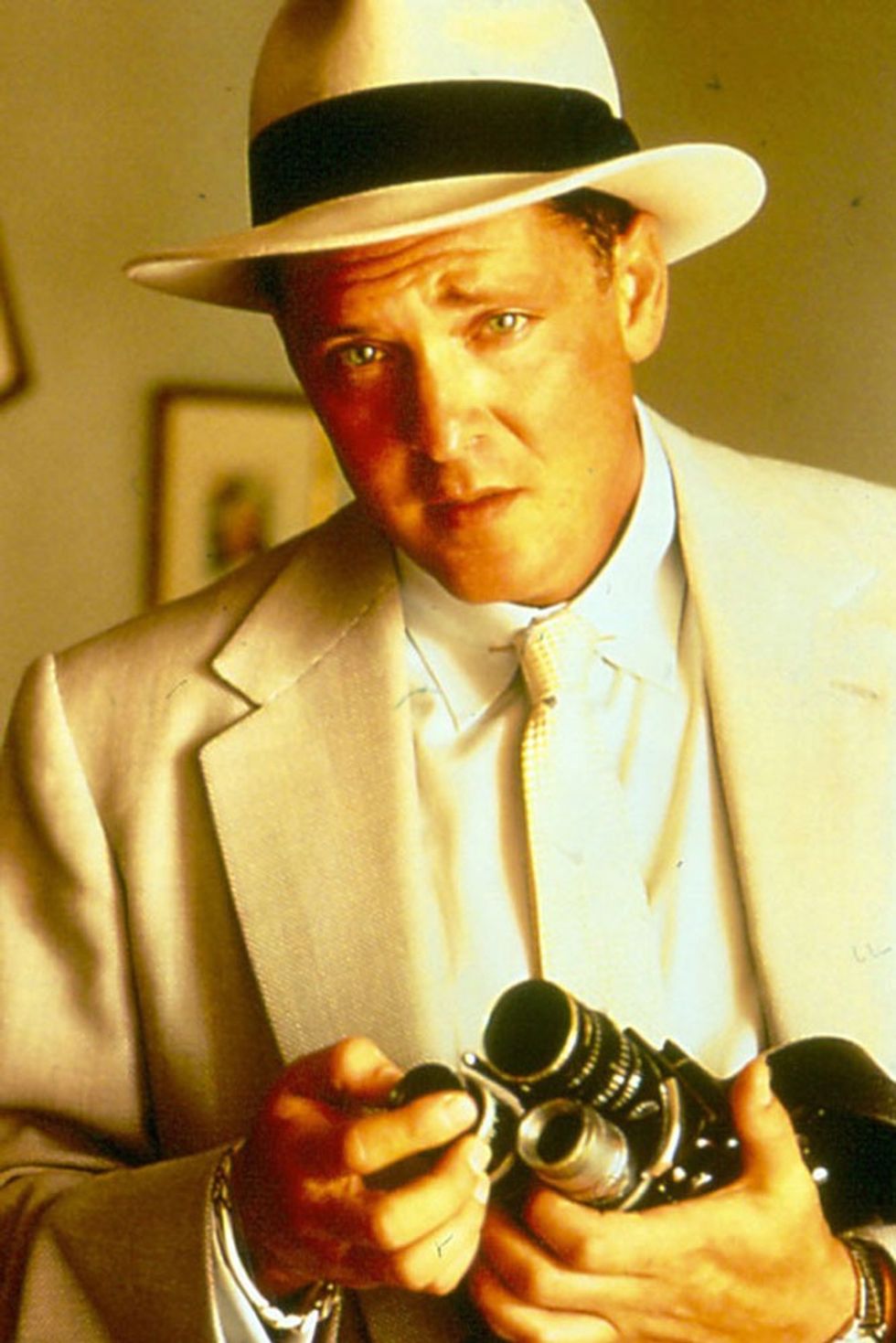 Mulholland FallsVirtual History
Mulholland FallsVirtual History 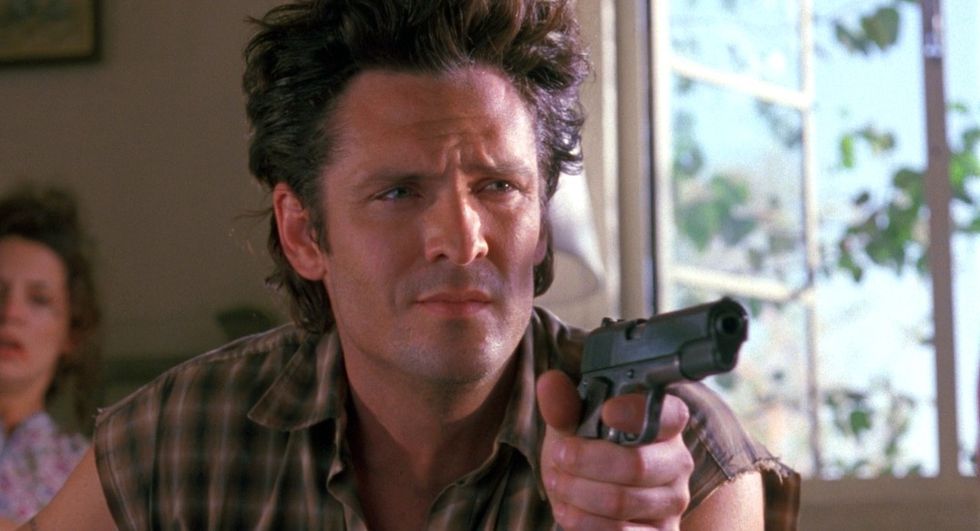 Kill Me Again
Kill Me Again 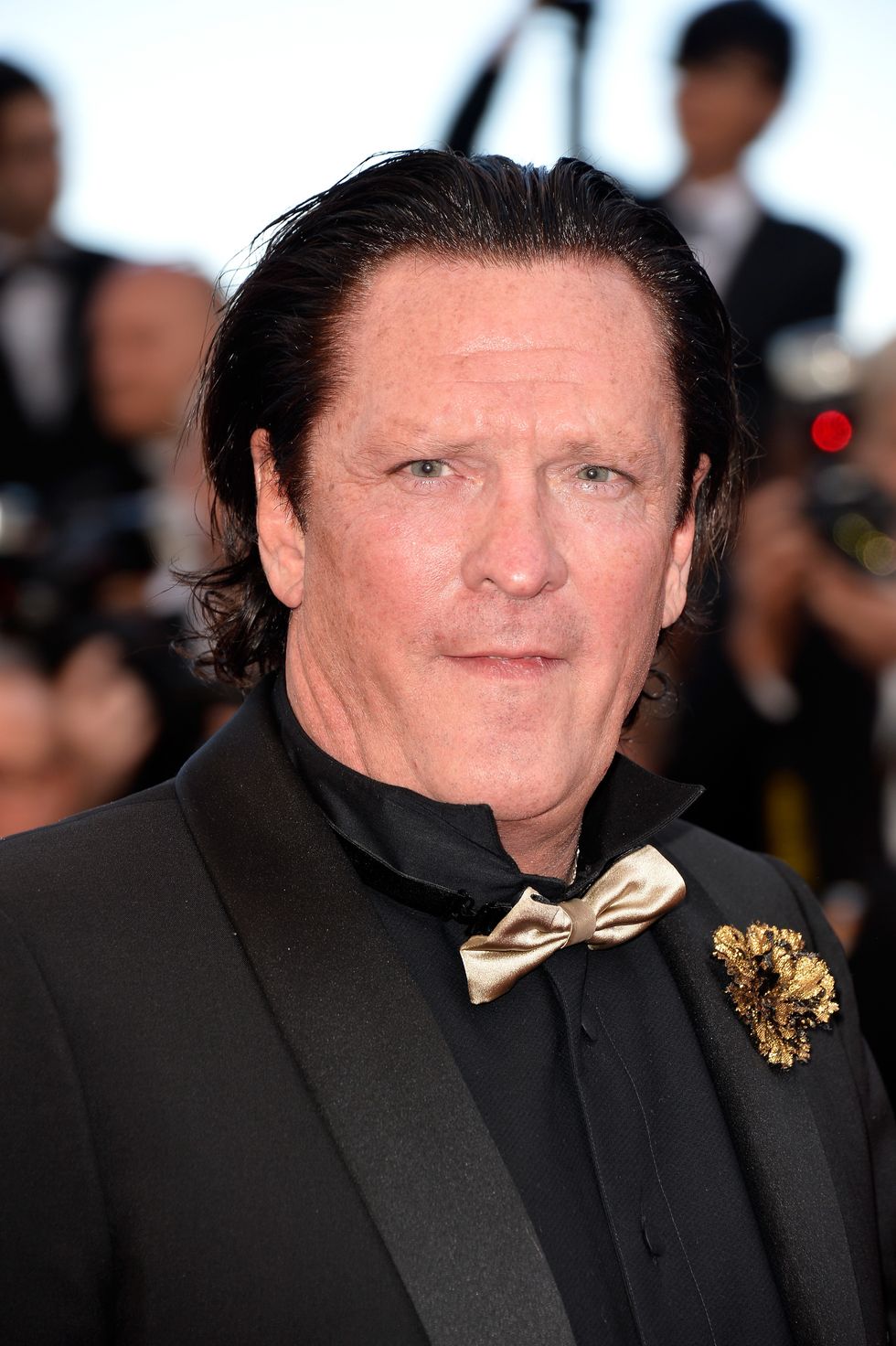 Michael Madsen attends the Closing Ceremony and Fistful of Dollars Screening Getty Images
Michael Madsen attends the Closing Ceremony and Fistful of Dollars Screening Getty Images 